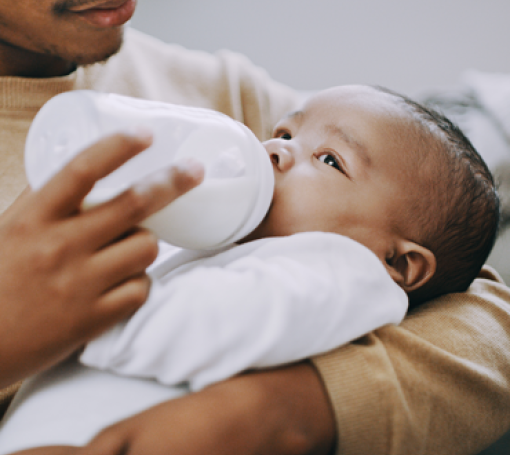What is Positive Parenting?
Positive parenting is a research-based approach that shows children learn your family values best when you focus on building a nurturing relationship with them. Instead of using punishments or rewards, the approach helps parents teach important life skills like problem-solving, handling emotions, and communicating with others. When children feel loved and valued, they grow up happier and more confident. Positive parenting helps children develop social and emotional skills while strengthening the bond with their parents.
The Key Principles of Positive Parenting
Positive parenting is based on a few key ideas that help create a caring and supportive environment at home.
1. Respect and Understanding
Children learn to respect others when they feel respected themselves. Listening to your child’s thoughts and feelings shows them that they matter. When parents and kids talk openly, it helps them understand each other better.
2. Clear Communication
Talking to your child in a way they understand helps them feel safe and know what is expected. Be clear, patient, and open. Allow them to share their thoughts and feelings without fear of being judged.
3. Consistency and Routine
Kids feel safe when they know what to expect each day. Having a routine helps them understand what comes next and makes them feel secure. It’s also important for all adults in the home to follow the same rules so children don’t get confused.
4. Encouragement and Praise
Instead of only praising results, focus on the effort your child puts in. For example, instead of saying, “Great job!” try, “I can tell you worked really hard on that!” Also, notice and praise desired behavior, like saying, “I love how nicely you’re playing on your own!”
5. Setting Boundaries with Love
Children need rules to help them learn self-control and responsibility. Make sure rules are clear and explained with love. For example, calmly telling a child, “We don’t hit because it hurts others,” helps them understand why the rule exists.
How to Use Positive Parenting Every Day
Now that we know the basics, here are some ways to use positive parenting every day.
1. Active Listening
Give your child your full attention when they talk. Show you understand by repeating what they say. If your child is upset, instead of saying, “It’s not a big deal,” try, “I see you’re sad about that. Let’s talk about it.” This helps children feel heard and understood, strengthening the emotional bond between you.
2. Be a Good Example
Children learn by watching their parents. Show kindness, patience, and respect in your own actions. If you stay calm in tough situations, your child will learn to do the same.
3. Help Your Child Understand Feelings
Children have big emotions, and they need help managing them. If your child is sad because they lost a toy, instead of saying, “Don’t worry about it,” say, “I see you’re upset. It’s okay to feel that way.” This helps kids learn to handle emotions in a healthy way.
4. Solve Problems Together
Encourage your child to help find solutions. Instead of giving your child all the answers, ask them, “What do you think we should do?” or “How can we fix this together?” This teaches them to think and make good choices on their own.
How to Discipline with Positive Parenting
Discipline is about teaching, not punishing. Here’s how to guide your child in a positive way.
1. Use Natural Consequences
Instead of punishing your child, let them learn from their choices. For example, if they refuse to wear a coat outside, let them feel cold. Next time, they’ll likely remember to wear it.
2. Be Clear About Rules
Kids need to know what is expected of them. Instead of saying, “Be good,” say, “Please use your inside voice in the library.” This makes rules easier to understand and follow.
Handling Parenting Challenges
Being a parent isn’t always easy. Here are some ways to stay on track:
- Stay Consistent: It’s tempting to change the rules when you’re tired or stressed, but sticking to them helps kids learn what to expect.
- Take Care of Yourself: Parenting can be stressful and may feel overwhelming at times. Make sure to take breaks and find ways to relax.
- Stay Calm During Tantrums: Children will have meltdowns. Instead of yelling, stay calm, listen to their feelings, and help them find solutions.
Why Positive Parenting Works
Positive parenting helps children grow into confident, kind, and happy adults. It builds strong relationships and teaches important life skills. Kids raised with positive parenting usually have higher self-esteem, better friendships, and stronger emotional health. By using love, respect, and patience, you are helping your child become the best version of themselves. Enjoy the journey of positive parenting!
Keep Reading
View All Posts
What to Know About Infant Formula
Choosing the right baby formula is important, and we’re here to help you understand the facts and keep your baby safe.

Baby's First Milestones
Watching your baby grow and change in the first year is exciting and sometimes overwhelming. Learn about key physical, social/emotional, and speech milestones to help you understand your baby’s development.

Measles FAQs
The MMR vaccine is a safe and effective way to protect against measles. Learn answers to commonly asked questions about measles.

